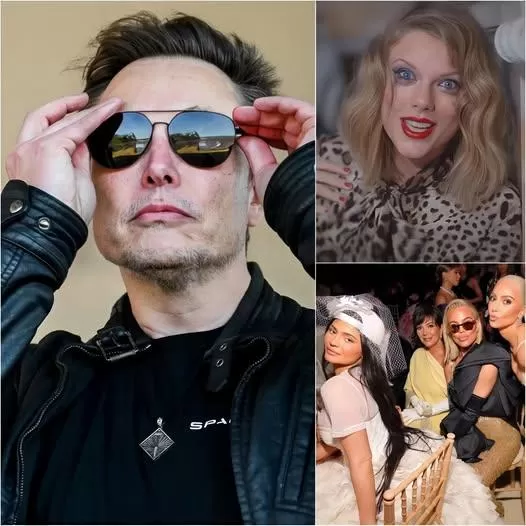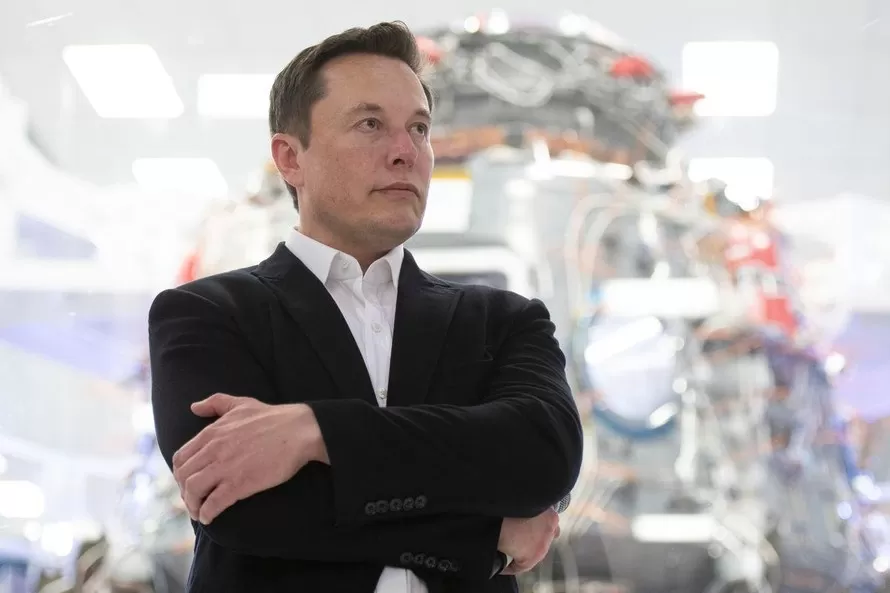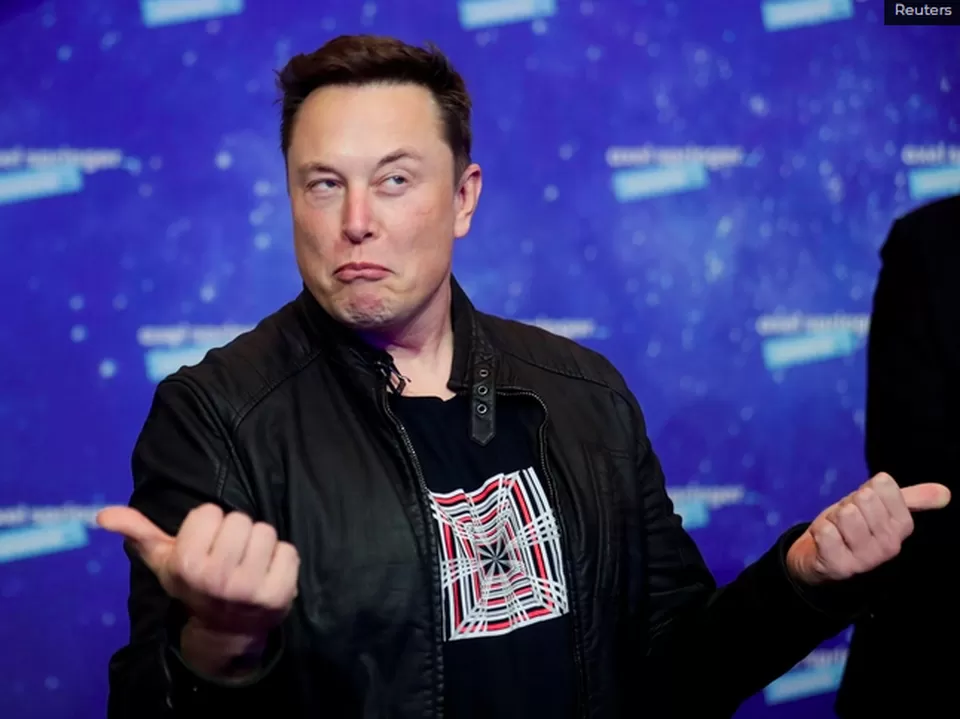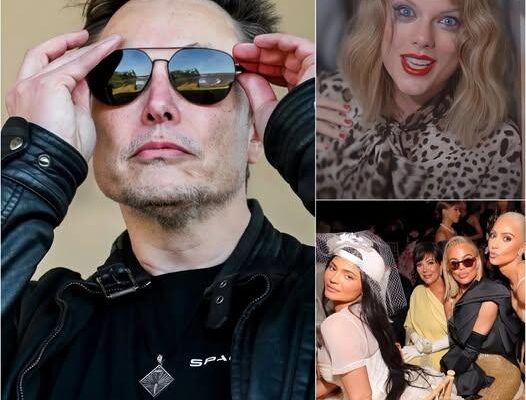In a shocking turn of events, the Kardashian family and global pop sensation Taylor Swift have lost millions of followers overnight following a call from Elon Musk to block and boycott them. The billionaire entrepreneur, who has been increasingly vocal about his opinions on various public figures, took to social media to criticize both the Kardashians and Swift, leading to a mass exodus of their followers. The sudden drop in numbers has left fans and industry experts speculating about the broader implications of Musk’s influence and the evolving dynamics of celebrity culture in the digital age.

Social media has long been a cornerstone of the Kardashian brand. With millions of followers across platforms like Instagram, X (formerly Twitter), and TikTok, the reality TV family has built an empire based on their ability to engage audiences and maintain a constant digital presence. However, the overnight loss of over three million followers suggests that public sentiment may be shifting, or at the very least, that Musk’s words carry significant weight. The Kardashians have not yet publicly responded to the decline, but sources close to the family indicate they are monitoring the situation closely.

Taylor Swift, one of the most influential musicians of the 21st century, is no stranger to social media controversies. However, losing five million followers in a single night is unprecedented even for her. The singer-songwriter, who recently made headlines with her record-breaking Eras Tour, now finds herself at the center of a social media storm fueled by Musk’s call to action. While Swift has not directly addressed the situation, her loyal fanbase, known as Swifties, has taken to social media to defend her, arguing that Musk’s influence should not dictate public opinion on artists and entertainers.

The power struggle between Musk and mainstream celebrities is not a new phenomenon. The Tesla and SpaceX CEO has often used his platform to voice his thoughts on various issues, frequently sparking debates and influencing public perception. With his acquisition of X, Musk has gained even more control over digital discourse, making his opinions even more impactful. His recent comments about blocking and boycotting the Kardashians and Swift highlight his ability to sway public sentiment and reshape conversations in real time.
Several theories have emerged regarding Musk’s motivations for targeting these particular celebrities. Some speculate that his remarks stem from broader concerns about celebrity culture and its influence on society. Others believe it may be a strategic move to assert his dominance over social media narratives. Regardless of the reasoning, the drastic follower losses experienced by the Kardashians and Swift indicate that Musk’s words have had tangible effects.
Marketing experts argue that this situation underscores the volatility of social media influence. Celebrities and brands alike rely heavily on digital engagement, but the rapid shifts in public perception can be unpredictable. For the Kardashians, whose brand is deeply intertwined with social media presence, this could mean a reassessment of their digital strategy. Swift, on the other hand, has always maintained a strong relationship with her fans, and while follower count fluctuations are not new in the industry, the scale of this drop is noteworthy.
Beyond the immediate impact on follower counts, this incident raises questions about the long-term implications of social media boycotts led by influential figures like Musk. In an era where digital presence translates to economic power, a significant drop in followers could affect sponsorships, partnerships, and overall brand value. While it is unlikely that either the Kardashians or Swift will face significant financial repercussions from this single event, it sets a precedent for how social media influence can be weaponized.
The broader cultural ramifications of this situation are also worth considering. Musk’s ability to mobilize millions of users against mainstream celebrities reflects a shift in public discourse. Traditional celebrity influence, once unchallenged, now faces opposition from digital power players who command massive online followings. This shift signals a new era in which the balance of power is constantly evolving, and celebrities must navigate an increasingly complex digital landscape.
Despite the controversy, many social media users have expressed skepticism about the significance of follower losses. Some argue that fluctuations in follower counts are common and that the numbers will eventually stabilize. Others believe that Musk’s influence, while substantial, may not have lasting effects on the long-term popularity of the Kardashians or Swift. Social media trends tend to be cyclical, and public perception can shift rapidly.



